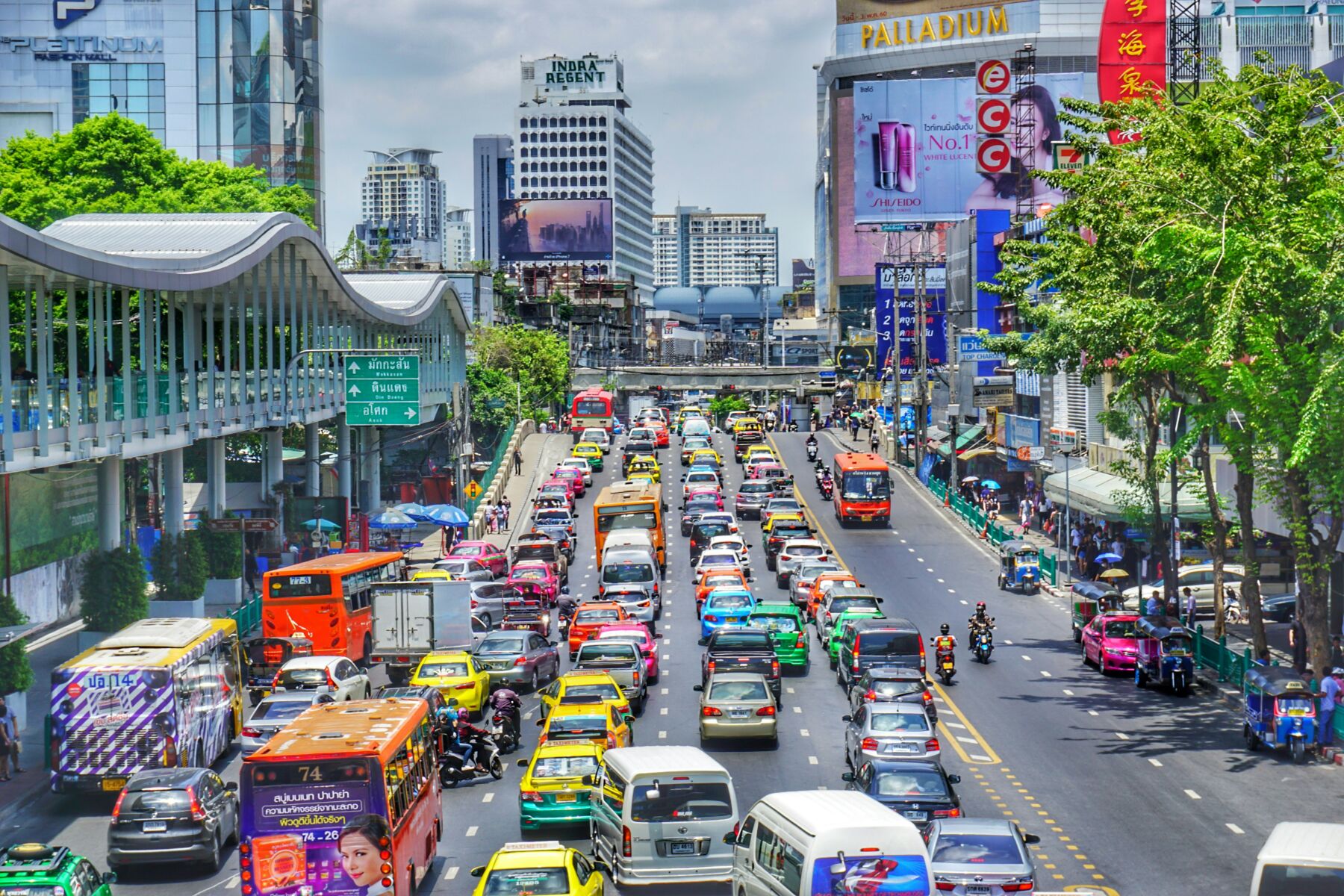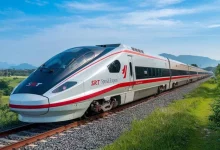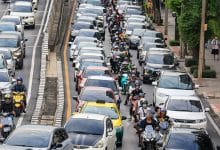Bangkok proposes congestion fee to fund flat 20-baht train fare

Bangkok Governor Chadchart Sittipunt expressed support for the Transport Ministry’s proposal to introduce a congestion fee for vehicles entering the central parts of Bangkok. The revenue generated from this fee would be used to subsidise a flat 20-baht fare across all electric train lines in the city.
Congestion charges are not a novel idea, having been successfully implemented in cities like London and Singapore. According to Chadchart, the aim is to promote greater use of public transport while reducing the number of private cars in high-traffic areas.
However, the 58 year old city chief stressed that for the plan to be effective in Bangkok, the city must first develop a robust and accessible public transport network. This means improving electric train services, expanding bus routes, and enhancing pedestrian infrastructure to ensure safe and convenient travel.
The proposed congestion fee would target vehicles entering Bangkok’s central business district (CBD). Chadchart noted that the cost would likely cover an extended zone rather than specific streets to prevent drivers from simply diverting to nearby areas to avoid the charge.
“There must be sufficient public transport options available before charging drivers; otherwise, this policy could hit low-income residents too hard.”
He also highlighted the need for careful planning to avoid disproportionately affecting families, particularly those who regularly drive their children to school. While the principle behind the proposal is sound, Chadchart emphasised that its success hinges on proper execution, including the integration of traffic technology to manage congestion charges.
Congestion fee
Former Deputy Bangkok Governor Samart Ratchapolsitte also weighed in on the discussion, noting that the idea of a congestion fee has been debated for years but never implemented due to concerns about its potential negative impact on commuters.
In a Facebook post, Samart argued that successful implementation would require thorough planning to address issues like parking availability and fee exemptions. Without proper preparation, he warned, the congestion fee plan may fail.
Transport Minister Suriya Jungrungreangkit stated that the initiative would be modelled on the successful systems in other countries. He also suggested that the government should consider buying back the concessions granted to companies operating the electric train lines in Bangkok. This move would allow the government to keep fares low and make electric train commuting more affordable, reported Bangkok Post.
As Bangkok grapples with traffic congestion and pollution, the proposed congestion fee and flat fare policy for electric trains represent a significant step towards encouraging public transport use and reducing reliance on private vehicles. However, the success of these initiatives will depend on careful planning, execution, and the development of a comprehensive and reliable public transport network.
Latest Thailand News
Follow The Thaiger on Google News:


























